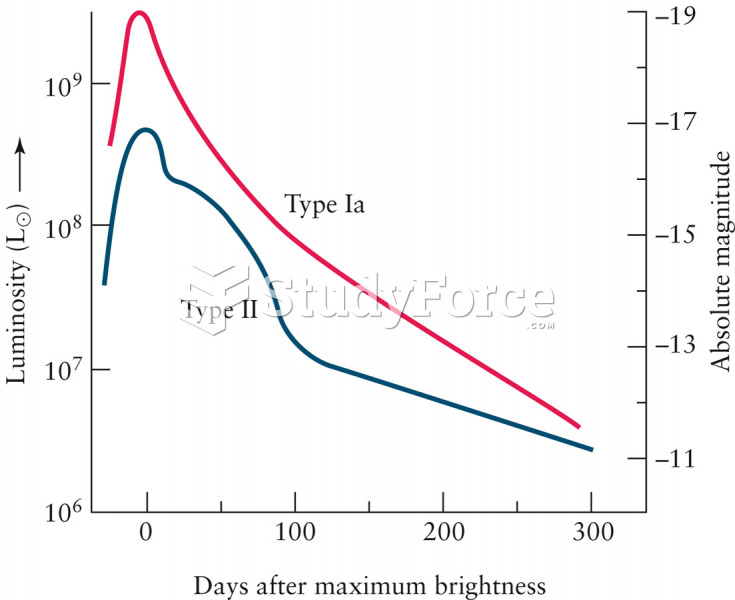|
|
|
Did you know?
During pregnancy, a woman is more likely to experience bleeding gums and nosebleeds caused by hormonal changes that increase blood flow to the mouth and nose.
Did you know?
The average adult has about 21 square feet of skin.
Did you know?
In women, pharmacodynamic differences include increased sensitivity to (and increased effectiveness of) beta-blockers, opioids, selective serotonin reuptake inhibitors, and typical antipsychotics.
Did you know?
The human body produces and destroys 15 million blood cells every second.
Did you know?
The ratio of hydrogen atoms to oxygen in water (H2O) is 2:1.







